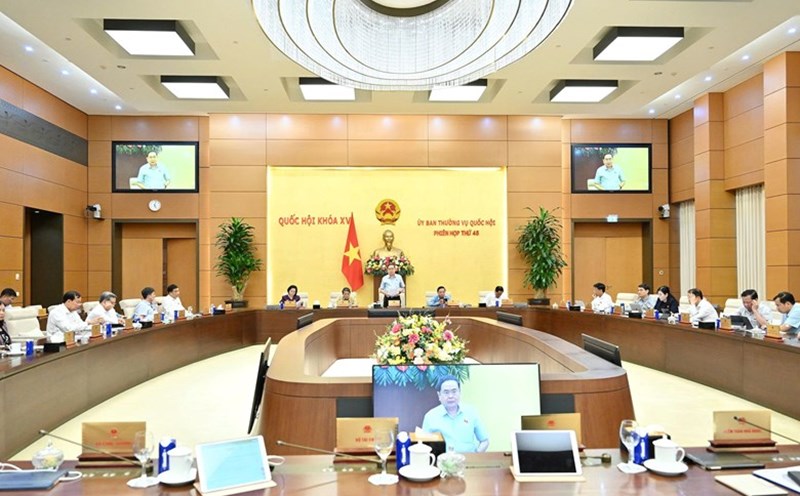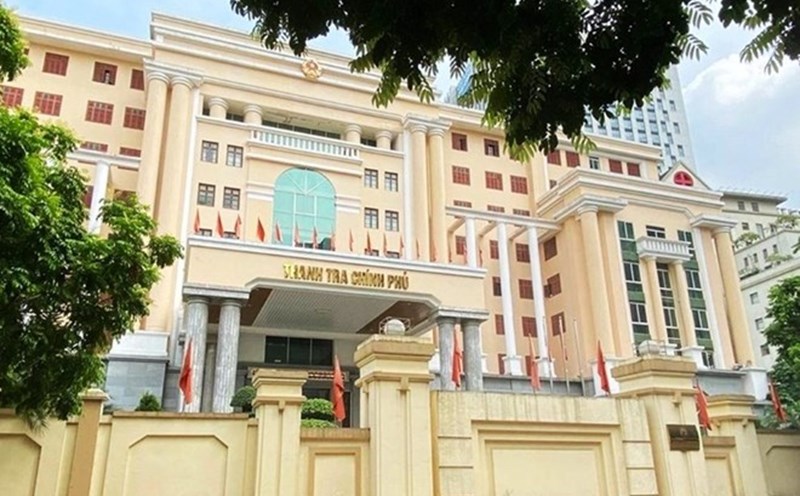On September 12, information from the Ministry of Justice said that in a recent appraisal, representatives of the Government Inspectorate had discussions about the draft Law amending and supplementing a number of articles of the Law on Anti-Corruption (PCTN).
Mr. Tran Dang Vinh - Director of the Legal Department (Government Inspectorate) said that after more than 6 years of implementing the Law on Anti-Corruption, the work of PCTN has made important and strong progress, with many breakthrough policies and solutions, achieving many very positive, comprehensive and synchronous results... However, in addition to the achieved results, the implementation of the Law has encountered some shortcomings and limitations.
Accordingly, some of the Party's policies and guidelines on anti-corruption have not been promptly institutionalized into law. The mechanism, policies and laws are still not synchronous, not thoroughly resolving practical problems.
Some legal provisions that have not kept up with the development of society have been taken advantage of by subjects to commit acts of corruption, conceal, convert, and dispersate corrupt assets, making it difficult to detect, handle corruption, and recover corrupt assets.
In addition, regulations on asset and income declaration are not complete, regulations on asset and income control are still in many ways of understanding, implementing inconsistently and confusingly, encountering many difficulties in implementation, and not being effective; the recovery of corrupt assets is still limited...
According to Mr. Tran Dang Vinh, the focus of amending and supplementing a number of articles of the Law on Anti-Corruption this time is to continue to perfect the corruption prevention mechanism in an effective and comprehensive manner, creating a synchronous legal basis for timely detection and handling of corruption acts.
The draft Law focuses on amending and supplementing issues such as: perfecting policies on anti-corruption measures (assessment of anti-corruption work; agencies controlling assets and income; declaration of assets and income and verification of assets and income);
Complete policies on corruption detection (authorship of inspection agencies in inspecting cases with signs of corruption; receiving and handling reports and denunciations of corruption);
Complete regulations on the application of information technology, digital transformation, and the construction of a national database on asset and income control; unify and synchronize legislative techniques, ensure feasibility and compliance with relevant legal documents, especially laws related to the organization and operation of local government at both levels.








